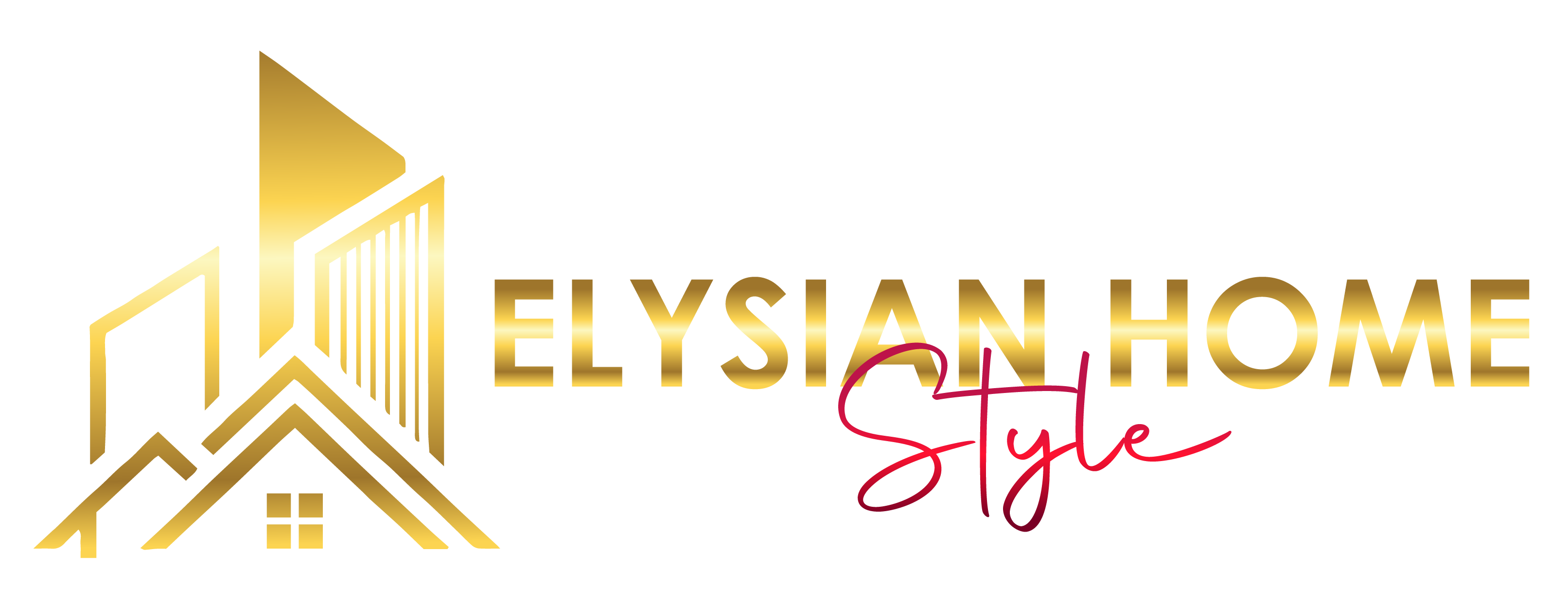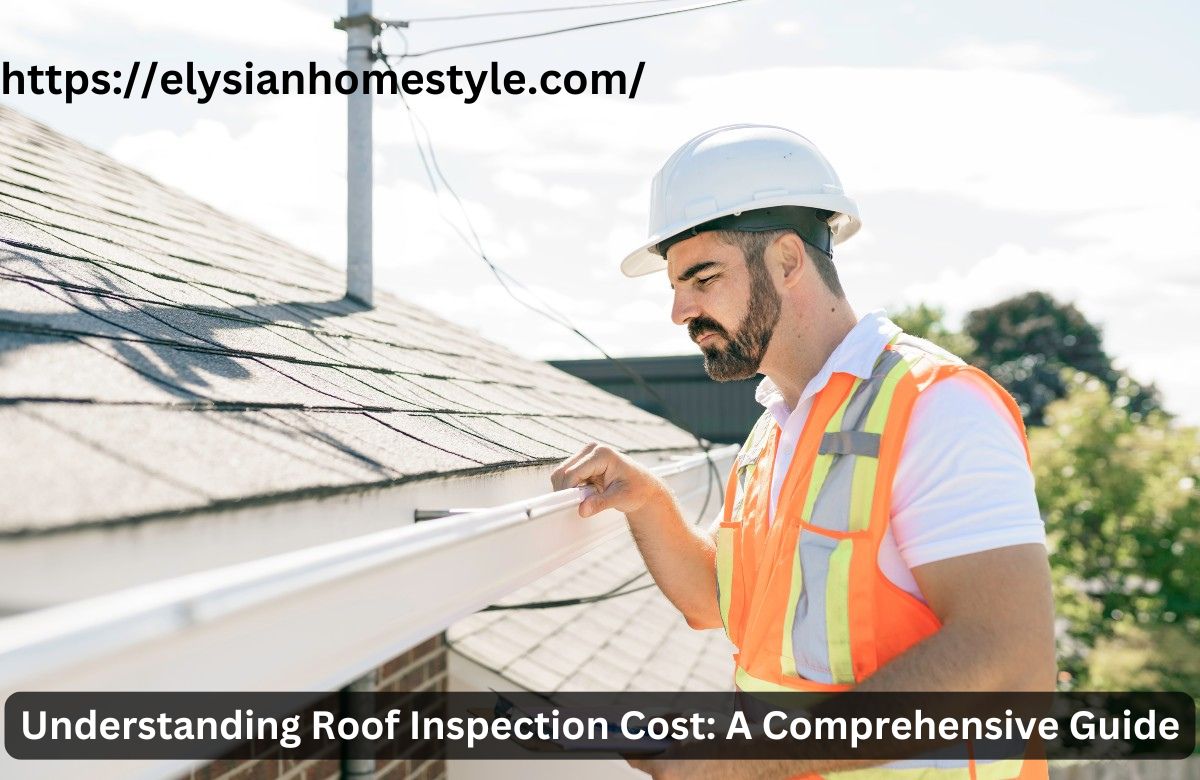Roof Inspection Cost When maintaining a home or commercial building, one of the most critical tasks is ensuring the roof remains in good condition. Over time, weather conditions, aging materials, and environmental factors can cause wear and tear on your roof, leading to potential leaks and structural damage. One of the best ways to prevent costly repairs or roof replacements is by scheduling a roof inspection. However, many homeowners and business owners are concerned about the roof inspection cost before hiring a professional to inspect your roof before hiring a professional to inspect your roof. In this article, we will explore the various factors that influence the cost of a roof inspection, what to expect during an inspection, and how to make the most of your investment.
What is a Roof Inspection?
A roof inspection is a thorough evaluation of the roof’s condition by a professional roofer or roofing inspector. A roof inspection aims to identify any current or potential issues that could compromise the roof’s performance, safety, or longevity. Inspections typically include checking for leaks, damaged shingles, rusted or deteriorating flashing, clogged gutters, and other signs of wear and tear.
Regular roof inspections can help you address minor issues before they escalate into major problems, which could save you significant amounts of money in repairs or replacement costs. Whether you’re preparing to sell your home, buy a new one, or want to maintain the longevity of your roof, a roof inspection is an essential part of homeownership.
Factors That Influence Roof Inspection Cost
The roof inspection cost can vary widely depending on several factors. Understanding what influences these costs is essential so you can plan accordingly. Here are the main factors that impact the price of a roof inspection:
1. Type of Roof
Different roofing materials and designs require different expertise and effort to inspect. For example, a simple asphalt shingle roof will likely cost less to inspect than a complex metal, tile, or flat roof. If the roof is steep or has multiple levels, the inspector may need extra precautions, which can also increase the cost.
2. Roof Size
Larger roofs require more time and effort to inspect thoroughly. The more square footage the roof covers, the higher the inspection cost. Commercial roofs or multi-story buildings typically have larger surfaces requiring more extensive evaluation, which may result in higher inspection fees than a standard residential home.
3. Location
The geographic location of your property can play a significant role in determining the cost of a roof inspection. In urban areas with higher living costs, you may pay more for a roof inspection than in rural areas. Additionally, suppose you live in a region with extreme weather conditions (such as hurricanes or heavy snow). In that case, roof inspectors may charge a premium for their services due to the added complexity of the inspection.
4. Inspector Experience and Reputation
Highly experienced or certified roof inspectors may charge more for their services because of their expertise. For instance, if an inspector is a member of a reputable roofing association or has extensive experience with specific roofing materials, their services may come at a premium. However, hiring a well-qualified inspector can give you peace of mind, knowing that the inspection will be thorough and accurate.
5. Inspection Scope
The depth of the roof inspection also influences the cost. A standard visual inspection, which involves checking the roof from the ground and looking for visible issues, may cost less than a more detailed inspection that includes using specialized tools or equipment, such as drones or infrared cameras. The more comprehensive the inspection, the higher the cost.
What Does a Roof Inspection Include?
The exact details of a roof inspection can vary depending on the inspector and the type of roof, but a typical roof inspection will include the following elements:
1. Visual Inspection
The inspector will first visually examine your roof, looking for signs of damage, such as missing shingles, cracked tiles, or damaged flashing. They will also check for signs of leaks in your attic, such as water stains or mold growth.
2. Gutter and Downspout Inspection
Inspecting the gutters and downspouts is crucial because clogged or damaged gutters can lead to water pooling on the roof, causing long-term damage. The inspector will check for debris buildup, rust, or signs of wear and tear.
3. Chimney and Skylight Evaluation
If your roof includes chimneys or skylights, the inspector will assess their condition, looking for leaks, cracked seals, or damaged flashing around these features.
4. Flashing InspInspection
Flashing is a critical component of your roof that helps prevent water from seeping under shingles and causing leaks. The inspector will examine the flashing around chimneys, vents, and other roof penetrations for signs of deterioration or damage.
5. Roof Material Condition
The inspector will assess the condition of the roofing material itself.Asphaltt shingles might include checking for curling, cracking, or granule loss. The inspector will look for broken tiles or loose fasteners for tile roofs.
6. Structural Inspection
Sometimes, the inspector may need to assess the roof’s overall structural integrity. This could involve inspecting the roof deck and rafters for signs of sagging, rot, or damage from insects or rodents.
7. Detailed Report
After the inspection, the inspector will typically provide a detailed report outlining their findings. This report may include photographs of the roof’s condition, a summary of any issues found, and recommendations for repairs or further evaluation if necessary.
How Much Does a Roof Inspection Cost?
The roof inspection cost can range from as low as $100 to $500 or more, depending on the abovementioned factors. Most homeowners can expect to pay between $200 and $400 for a standard residential roof inspection. Here are some general price ranges based on different types of inspections:
1. Standard Roof Inspection
A simple visual inspection typically ranges from $100 to $300. This type of inspection involves a roofer checking the roof for obvious signs of damage and providing a brief report.
2. Comprehensive Roof Inspection
If the inspector uses advanced tools or techniques, such as infrared cameras or drones, the cost can rise to between $300 and $500. These inspections are more thorough and may be recommended if you suspect hidden damage or leaks that a visual inspection might miss.
3. Commercial Roof Inspection
Commercial roof inspections are more expensive due to the larger roof size and more complex structure. For commercial properties, the cost can range from $500 to $1,500 or more, depending on the size and type of roof.
Roof Inspection Cost vs. Roof Repair Cost
While the roof inspection cost may seem like an additional expense, it can save you money in the long run by identifying problems early. Catching issues like leaks, missing shingles, or damaged flashing early can prevent costly repairs. A minor repair might cost $200 to $500, but if left undetected, it could lead to major structural damage or the need for a full roof replacement, which can cost $5,000 to $10,000 or more.
When Should You Schedule a Roof Inspection?
Having your roof inspected at least once a year is recommended, especially if it is over 10 years old. Additionally, you should schedule an inspection after major weather events, such as a storm, heavy snowfall, or high winds. If you’re buying or selling a home, a roof inspection is also a good idea to ensure the roof’s condition is accurately represented in the transaction.
Conclusion
Understanding roof inspection costs is essential for homeowners and business owners who want to protect their property investment. The cost of an inspection may vary depending on factors like roof size, material, and location. Still, it is generally a small price compared to the potential costs of unaddressed roofing problems. Regular inspections help catch small issues before they become expensive repairs or replacements. If you haven’t had your roof inspected recently, consider scheduling one soon to ensure your property’s continued safety and longevity.

